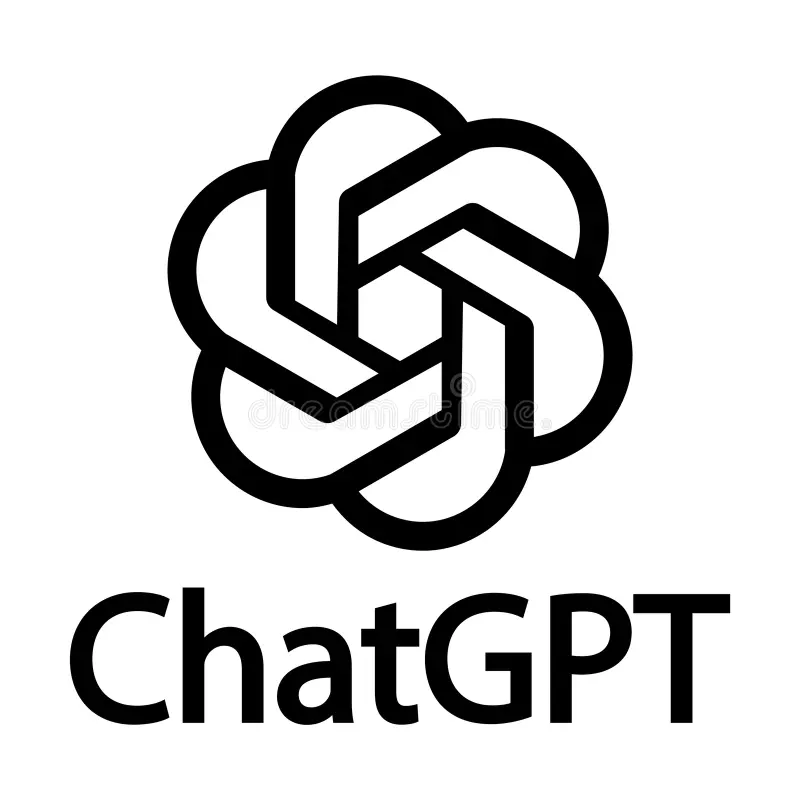OpenAI’s flagship AI assistant, ChatGPT, along with its associated tools such as Sora and various APIs, went offline in a major global outage today, leaving millions of users unable to access one of the world’s most widely used artificial intelligence platforms.
From Africa to Asia, students, developers, researchers, and professionals faced disruptions, exposing how deeply embedded these tools have become in daily life.
The outage began to surface early on Tuesday, June 10, with outage tracking platforms like DownDetector reporting a spike in complaints. By 6:44 a.m. GMT, over 700 incidents had been logged, a number that ballooned as more users around the world attempted to log in. Frustrations mounted as users encountered blank interfaces, login loops, or error messages such as “Hmm…something seems to have gone wrong.” The disruption hit both free users and ChatGPT Plus subscribers alike, confirming the widespread nature of the technical failure.
OpenAI confirmed the disruption on its status page, initially noting: “Some users are experiencing elevated error rates and latency across the listed services. We are continuing to investigate this issue.” Later updates confirmed the problem had been identified and mitigation efforts were underway. However, the company stopped short of offering a timeline for full service restoration, keeping users in the dark about when normal operations would resume.
The outage triggered an immediate response across social media. On X (formerly Twitter), users shared screenshots of error messages, voiced their frustrations, and posted memes capturing their sudden dependence on AI. Many described the disruption as a digital standstill, revealing how essential ChatGPT has become for everyday tasks—from coding and research to creative writing and communication.
With ChatGPT out of commission, users quickly turned to rival platforms such as Google’s Gemini, Elon Musk’s Grok, and Perplexity AI. These services remained online and absorbed much of the demand, offering an impromptu stress test of the competitive AI landscape. For many, it was their first time using alternative chatbots—an unexpected consequence of OpenAI’s momentary silence.
Since its launch in November 2022, ChatGPT has grown at a breakneck pace, attracting an estimated 500 million users globally. But the outage, the latest in a string of service disruptions that also occurred in December, January, and March, underscores a growing concern: as AI becomes foundational to daily workflows, even brief outages can have ripple effects across industries and continents.
While OpenAI continues to resolve the technical issues behind today’s blackout, the incident serves as a stark reminder of the fragility behind even the most advanced technologies—and the pressing need to build AI systems that are not just intelligent, but also resilient.


